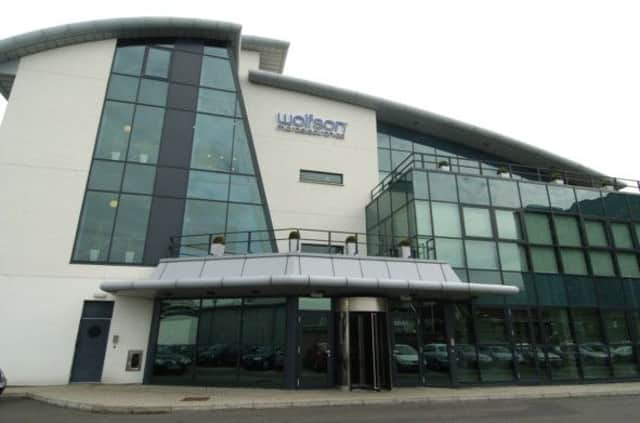Wolfson in audio deal with US-based Audyssey Labs


The Edinburgh-based firm, which makes circuits for use in smartphones, tablets, cameras and audio equipment, said the technology would allow recorded sounds to match the device’s camera zoom function.
The result, it added, was a recording where the “audio perfectly matches the video”. Unlike rival systems, the “AudioFrame” technology – developed by US-based Audyssey Laboratories – works with just two microphones, not four to eight.
Advertisement
Hide AdAdvertisement
Hide AdWolfson said it was the first partner to bring AudioFrame to market via its low-power consumption “Audio Hub” product range.
Eddie Sinnott, vice-president of portfolio, strategy and marketing at Wolfson, said: “Consumers are increasingly using their mobile devices to capture video and the unique experience of Audyssey’s AudioFrame technology brings a new, professional dimension to mobile device video capture by ensuring the audio from the subject of interest is clear and authentic.”
Chris Kyriakakis, Audyssey’s founder and chief technology officer, added: “Today’s mobile devices have reached near- professional levels by capturing in high resolution and providing advanced camera effects, but the audio recording quality has not been addressed. Audio Frame resolves this mismatch by focusing on the content within the scene and de-emphasising the unwanted background.”
Last month Wolfson launched a “ground-breaking” design that will allow sound quality normally reserved for expensive home hi-fis to be heard via mobile devices, such as smartphones and tablets.
It came just ahead of results that revealed a fall in revenues and a warning that an expected turnaround driven by new technology will not happen for another six months. Chief executive Mike Hickey admitted that the firm had been caught by surprise by the faster-than-expected transition to 4G smartphones, which benefited a competitor.